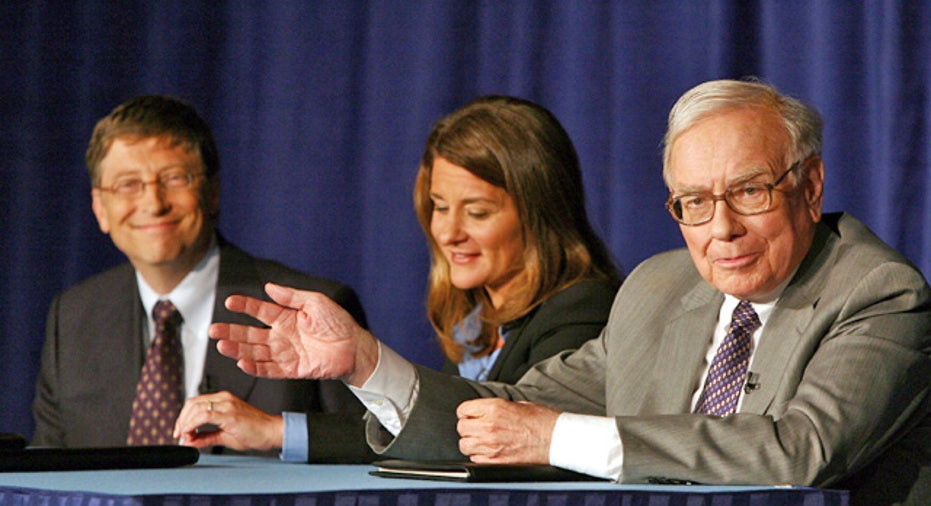Charitable Giving Do's and Don'ts

Most people want to give back to their communities or offer help to causes that are meaningful to them. But in an uncertain economy and with stories of charity scams floating about, it can be difficult to know how to fit giving into your financial plans. Here are some basic guidelines to keep in mind.
Do:
- Make giving a priority. "So much attention is focused on building wealth, planning for retirement or investing in the stock market, but it is also important for people to do something personally meaningful with their money," says Brad Matthews, founder and CEO of MoGro.com, an online investment platform. "There are so many organizations and individuals in need of help, especially in this tough economy. So it is important to choose a charitable cause that you care deeply about."
- Consider carefully which organizations to support. Sophisticated fundraising and development professionals as well as friends and co-workers often can pressure you to make gifts "that do not provide a great deal of emotional satisfaction," says Susan Colpitts, a CPA and personal financial specialist, executive vice president and co-founder of Signature Financial Management Inc. in Norfolk, Va. "If, on the other hand, someone spends some time thinking about what matters to him or her, what charities have made a difference in (his or her) life or could have, charitable contributions can be made that provide much more satisfaction and perhaps even more impact in one's community."
- Make giving systematic. According to Matthews, every part of your financial life should be systematic, including charitable giving. Once you've determined which organizations to support, giving a set amount on a set schedule helps you include giving in your budget and keep track of what you're giving. One simple, efficient and tax-smart way of giving Matthews recommends is to utilize a donor-advised fund, such as those offered by Schwab Charitable and Fidelity Charitable. These funds allow the donor to immediately receive a tax deduction while their donation is professionally invested, with grants given from that fund to nonprofit organizations of the donor's choosing. "It doesn't have to be a daunting task that paralyzes you; it should be enjoyable," he says.
- Get to know your charities. Colpitts recommends volunteering your time to go along with your dollars at the nonprofit organizations you support. "Our experience is that this multiplies the benefit that the donor receives from the gift," she says.
- Keep track of your giving. Colpitts recommends developing a spreadsheet of all your charitable contributions each year to have when you are preparing your taxes. "Keep it over the years with a new column for each year," she says. "Study the types of charities and the amounts given. Do they represent your passion? How have they changed? Make a plan for next year."
Don't:
- Give randomly. Avoid giving a little here, a little there, as people ask for assistance. "(Organizations that) are less legitimate try to prey on people by catching them off guard," Matthews says. "Having a set plan about who you want to give to and how much you want to give helps to avoid this and helps you to stay within your charitable giving budget." If you are interested in giving to an organization that calls you at home, Colpitts suggests asking what percentage of every dollar given goes to support the cause, and what percentage pays for overhead expenses and the fundraising effort.
- Give to nonlegitimate organizations. If you want to get a tax break for your giving, make sure the receiving organization has 501(c)(3) tax-exempt status. Also, it's a good idea to save all documentation of the gift, Matthews says.
- Give more than you can afford. Some fundraisers will offer a very compelling pitch and convince you to give more than you had planned or more than you can afford. Rather than making a quick decision, always sleep on it, Colpitts says.
- Give out financial information carelessly. "Never give credit or debit card information to a charity that you do not know, (or) write checks to someone that just calls on the phone without first doing your homework about the organization," says Jesse Ryan, managing director at Accounting Principals in Jacksonville, Fla.



















